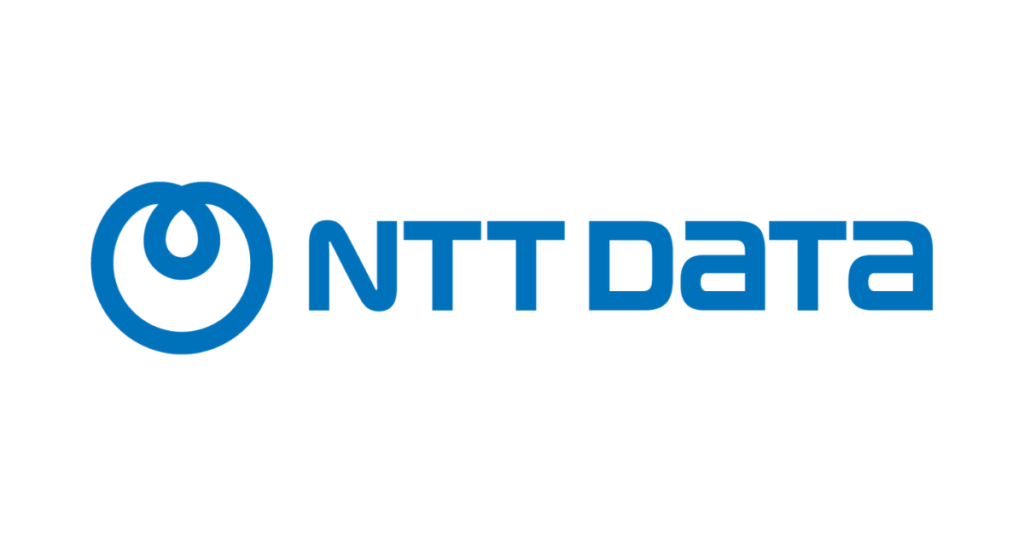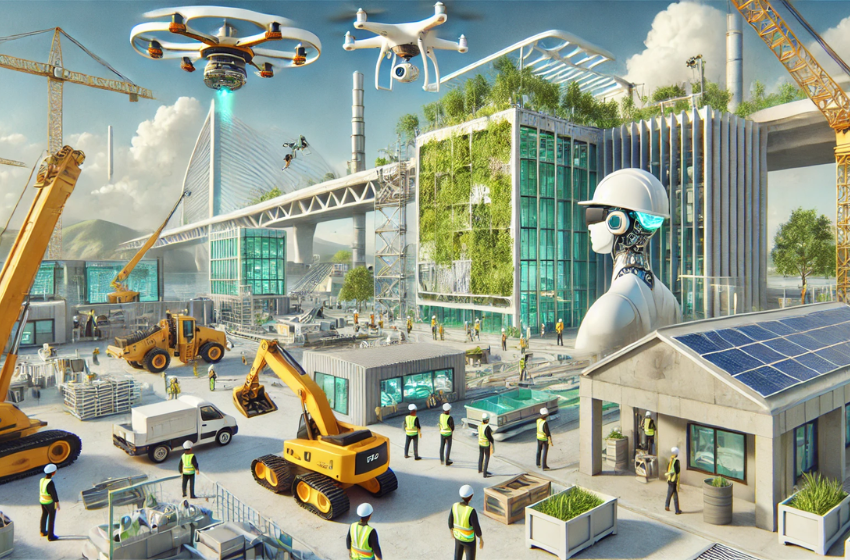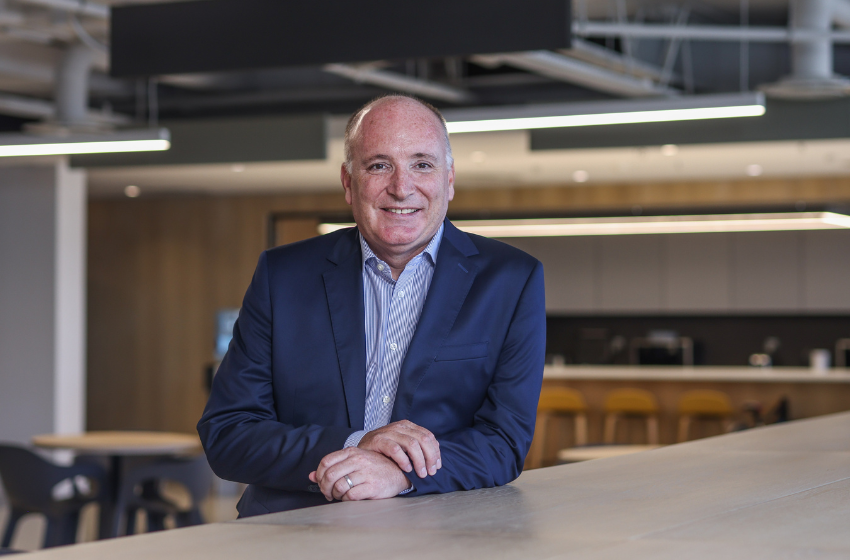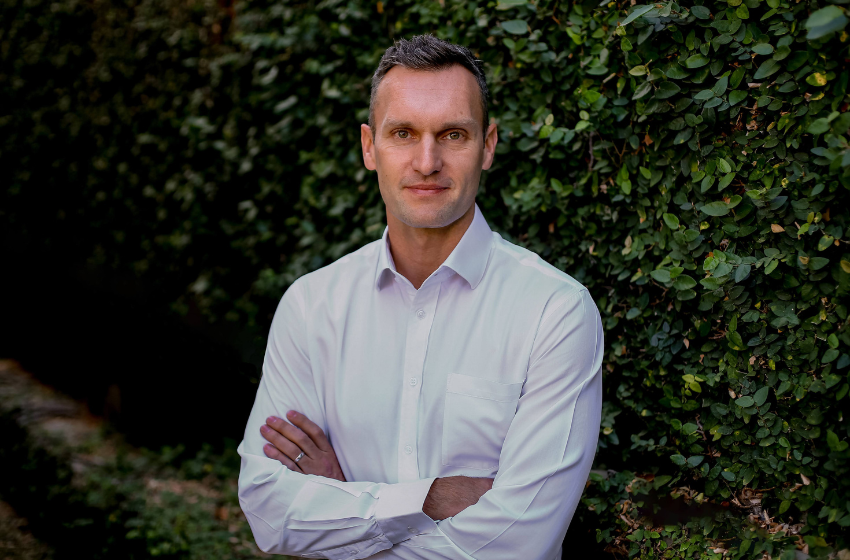By Alan Turnley-Jones, CEO NTT DATA in Middle East and Africa
2024 has been a transformative year for the tech industry, and as CEO of NTT DATA in the Middle East and Africa, I’ve witnessed a remarkable convergence of advancements and challenges set to shape our path forward. From the power of generative AI to the criticality of sustainable innovation, this year has underscored how deeply technology is impacting societies and economies the world over.
Generative AI’s Leap Forward
This year’s standout breakthrough, in my view, has been the rapid advancements in artificial intelligence, particularly with the September announcement of Microsoft’s Co-pilot Wave 2. This generative AI tool is transforming how businesses and governments operate by integrating advanced AI capabilities into everyday Microsoft applications. By embedding AI into familiar platforms like Excel, Word and Teams, Microsoft is helping organisations streamline processes, make smarter decisions, and bridge digital gaps without requiring massive infrastructure overhauls.
This technology also fosters critical skill-building, particularly for economies in the Middle East and Africa, where a young, dynamic population is eager to join the tech industry. Generative AI lowers barriers to entry, enabling individuals without technical backgrounds to engage meaningfully with digital tools. This inclusivity is essential for driving regional growth and ensuring technology’s benefits reach as many people as possible.

Influential Figures: Driving Transformative Change
Two leaders had a notable impact on the tech landscape this year: Satya Nadella of Microsoft and Jensen Huang of Nvidia. Nadella’s efforts with generative AI — particularly his partnership with OpenAI to develop Co-pilot—have made AI accessible across industries, reshaping workflows and empowering a global workforce. His approach demonstrates how thoughtfully integrated AI can enhance productivity while making advanced technology more approachable.
Meanwhile, Jensen Huang at Nvidia has propelled the AI industry forward through groundbreaking innovations like the “Hopper” and “Blackwell” architectures, designed to handle complex AI tasks more efficiently. His vision of an AI-driven future that consumes less energy, combined with Nvidia’s pioneering hardware, reinforces that AI can be both powerful and sustainable. These leaders inspire us to push boundaries at NTT DATA as we develop solutions that prioritise both productivity and sustainability.
Navigating Setbacks: Lessons in Resilience
Balancing economic growth with environmental sustainability has been a core challenge in the Middle East and Africa this year. While countries like Saudi Arabia, the UAE, South Africa and Kenya are setting ambitious sustainability targets, transitioning from fossil fuels requires substantial shifts in infrastructure, industry standards, and workforce skills. Technology plays a vital role in supporting this transition, with AI and IoT-driven solutions helping manage resources and optimise energy use. IoT sensors, for example, are enabling smarter water usage in agriculture, crucial for water-scarce regions, while AI enhances energy grids to better accommodate renewable sources. The innovation ecosystem around sustainability reminds us that technology must evolve responsibly and support long-term goals.

Seizing Unexpected Opportunities in Remote Work
One of 2024’s unexpected opportunities has been the rapid adoption of AI within remote and hybrid work environments. As companies embrace flexible work models, the demand for AI-driven tools to enhance productivity and collaboration has surged. NTT DATA has played a role in helping clients implement solutions like virtual assistants, automated meeting summaries, and intelligent project management systems. Additionally, AI-driven analytics are providing insights into employee well-being and performance, helping organisations foster a supportive, efficient virtual work culture. This experience has reinforced the value of adaptable, human-centred technology in shaping future workplaces.
Shaping the Tech Landscape for Years to Come
The events of 2024—both positive and negative—will have a lasting impact on the tech industry. The advancements in AI have driven greater adoption across sectors, and I foresee continuous innovation in automation and data analytics, helping organisations reach new levels of efficiency. Additionally, the shift towards sustainable practices within tech, driven by climate change pressures, will likely lead to increased investment in green technologies and renewable energy solutions, fuelling an era of sustainable innovation.
Conversely, the rise in cybersecurity threats this year has emphasised the need for stronger security infrastructure. As cyberattacks grow more sophisticated, organisations will need to invest in robust protection measures, creating a landscape where data security is placed first. Economic challenges, such as inflation and supply chain disruptions, may also influence tech investments. While these pressures may tighten budgets, they could spark innovation in cost-effective solutions and encourage companies to prioritise operational efficiency.
Looking Forward: Key Lessons of 2024
Reflecting on the year, I’m struck by how rapidly technology continues to evolve, requiring a mindset of continuous adaptation. It’s become clear that one must be ready to learn—and unlearn—at an unprecedented pace. Traditional methods often become outdated quickly, necessitating a focus on lifelong learning.
This year has also highlighted the importance of human-centred technology. Through visits to innovation centres and case studies, I’ve seen how thoughtfully implemented tech solutions can genuinely enhance the human experience, whether in the workplace or through community applications. I’ve also realised the power of collaboration and co-innovation. By working closely with clients and partners, we can ensure solutions align with end-user needs, ultimately driving more impactful outcomes.
As we look to the future, the lessons of 2024 remind us of the importance of agility, collaboration, and a relentless focus on creating technology that serves people and the planet. The challenges we face today are a springboard for innovation, and I’m optimistic that the tech industry will rise to meet them in ways that positively shape our world.

About NTT DATA
About NTT DATA
NTT DATA is a $30+ billion trusted global innovator of business and technology services.
We serve 75% of the Fortune Global 100 and are committed to helping clients innovate, optimize and transform for long-term success. As a Global Top Employer, we have diverse experts in more than 50 countries and a robust partner ecosystem of established and start-up companies. Our services include business and technology consulting, data and artificial intelligence, industry solutions, as well as the development, implementation and management of applications, infrastructure and connectivity. We are also one of the leading providers of digital and AI infrastructure in the world. NTT DATA is part of NTT Group, which invests over $3.6 billion each year in R&D to help organizations and society move confidently and sustainably into the digital future.
Share via:




















